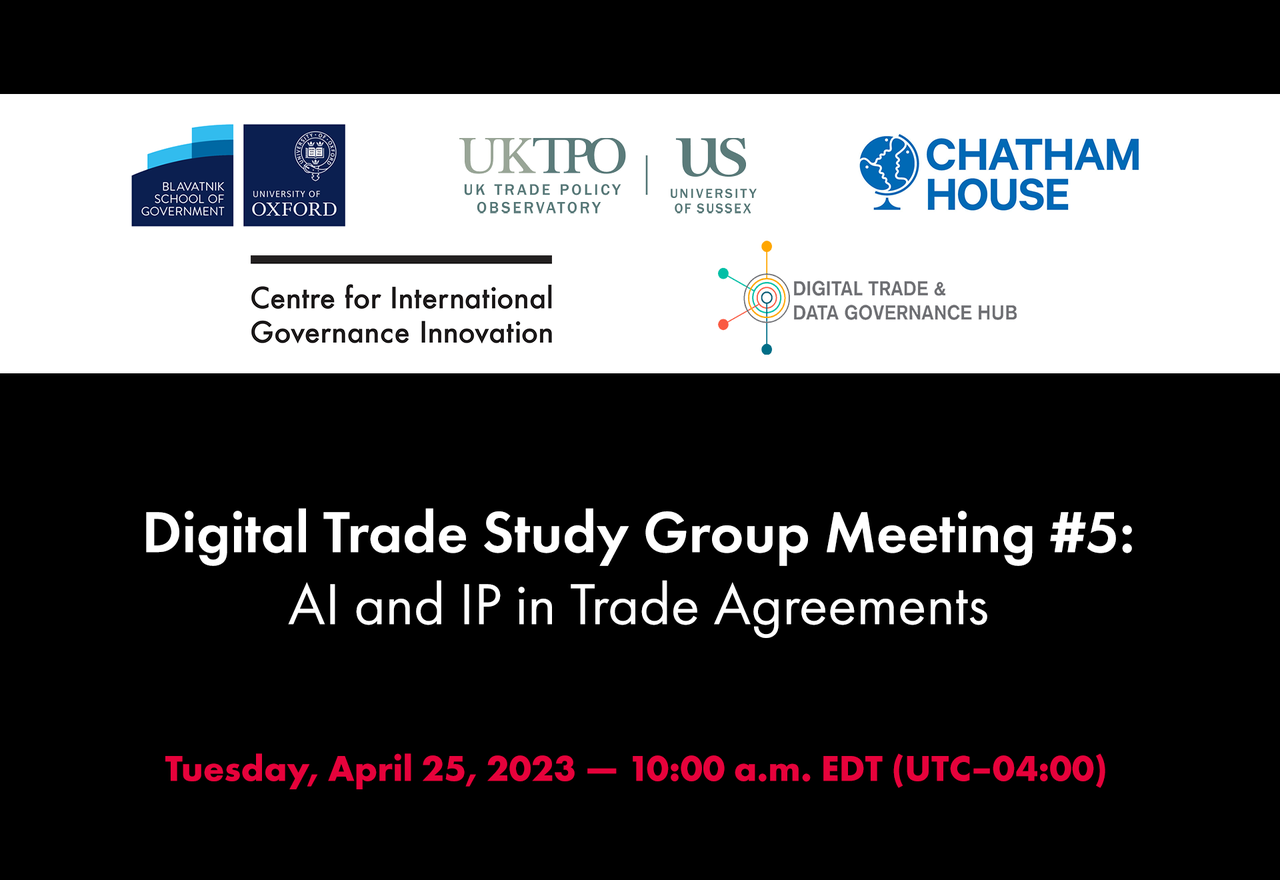This session will provide an overview of the relationship between artificial intelligence (AI), intellectual property rights (IPR) and trade agreements. Trade agreements govern IPR and AI in silos, but they do not provide sufficient clarity about the intersection of AI and IPR. These issues include:
- Ownership and control: Who owns and can control AI-generated works?
- Fair use and AI-generated content: AI systems may generate content that is similar to existing works. Is this fair use or copyright infringement? Are these systems protected under fair use rules such as section 230 of the US Communications Decency Act?
- Data ownership and access: AI systems rely on large amounts of internationally sourced public, proprietary and personal data to learn and improve AI systems. Yet countries have different rules for the use of such data (governing data mining), and some are even banning such systems, alleging they breach personal data protection rules or IPR.
- Stakeholders have different notions of risk and liability for AI-generated harms such as bias and disinformation, which may transcend borders.
- Balancing data protection and open data: What kind of language should trade agreements include to encourage shared international approaches to data protection, anonymization and data sharing?
Attendance at this event is by invitation only.
The study group is co-organized by the Blavatnik School of Government, University of Oxford, Oxford, UK; the UK Trade Policy Observatory, Sussex University, Sussex, UK; Chatham House, London, UK; the Centre for International Governance Innovation, Waterloo, Ontario, Canada; and the Digital Trade and Data Governance Hub at George Washington University, Washington, DC.



